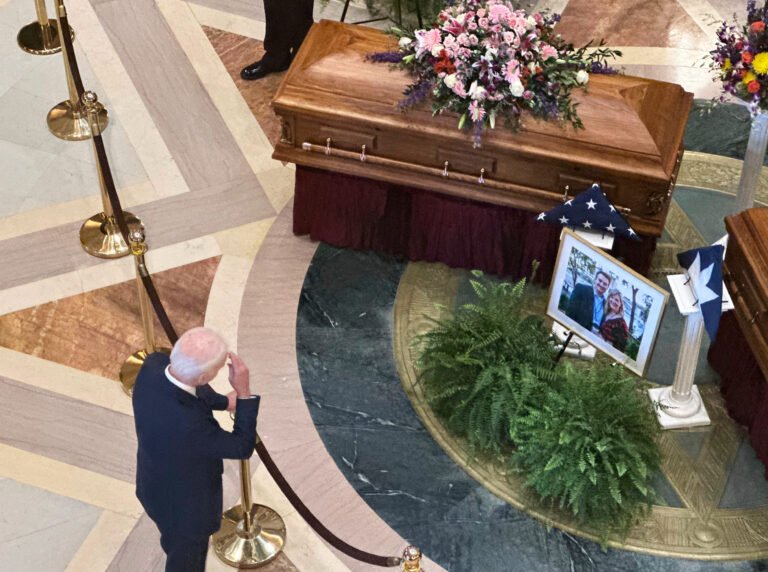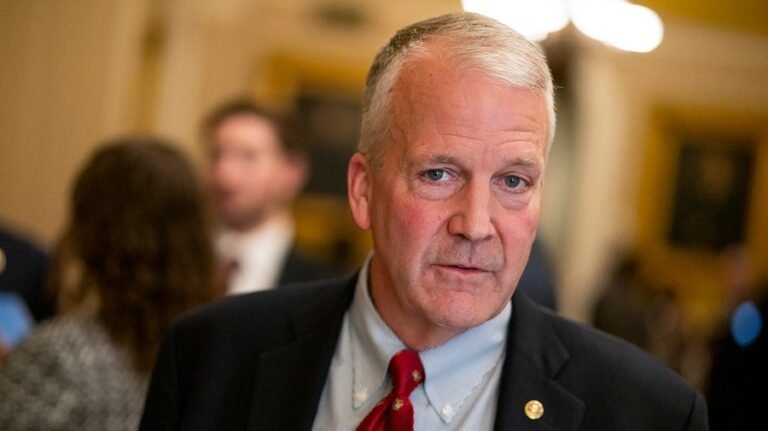
President Trump said Friday the Senate parliamentarian has been problematic, as Republicans scramble to save his “big, beautiful bill” that was stalled after a ruling that rejected some major cost-cutting provisions.
Parliamentarian Elizabeth MacDonough ruled Thursday against including in the megabill a GOP proposal to slash hundreds of billions of dollars in federal Medicaid spending to help pay for Trump’s tax agenda.
“The parliamentarian’s been a little difficult, and I would say I disagree with the parliamentarian on some things, in other ways he’s been fine,” Trump said at a press conference, referring to MacDonough.
The White House has not gone as far as calling for MacDonough to be removed by Majority Leader John Thune (R-S.C.), which Alabama Sen. Tommy Tuberville (R) pushed for after her Medicaid ruling.
When asked about MacDonough on Thursday, White House press secretary Karoline Leavitt said Trump “knows this is part of the process and the inner workings of the Senate and he wants to see this bill done.”
Trump has been pushing Republicans to pass the bill by July 4, but on Friday he suggested the deadline could have some wiggle room.
“It’s important. It’s not the end all. But we’d like to get it done in that time, if possible,” he said.
Trump was also asked Friday what he has been doing to personally push his top legislative priority forward in the Senate as the upper chamber’s leadership works to resurrect the bill.
“It’s a great bill; it’s a massive tax cut,” Trump said.
“It will be interesting to see if we get any Democrat votes, we should … maybe Fetterman because he seems to be the most sensible one recently,” he added, suggesting that Sen. John Fetterman (D-Pa.) could vote for the bill.
The parliamentarian has been ruling on which provisions pass muster under the Byrd Rule, a multipart test for budget reconciliation packages that looks at several things, including whether a provision is primarily budgetary in nature.
If something does not pass the Byrd requirement, it cannot be part of a bill passed under budget reconciliation rules. This is important because the rules allow legislation to circumvent a filibuster.
Thune has said his leadership team has “contingency plans” to keep the bill moving forward but losing the proposal means leaders will need to come up with hundreds of billions in new savings to pay for the cost of making several corporate tax cuts permanent.


